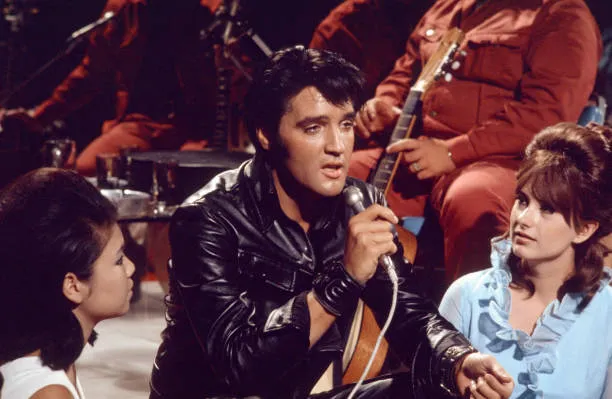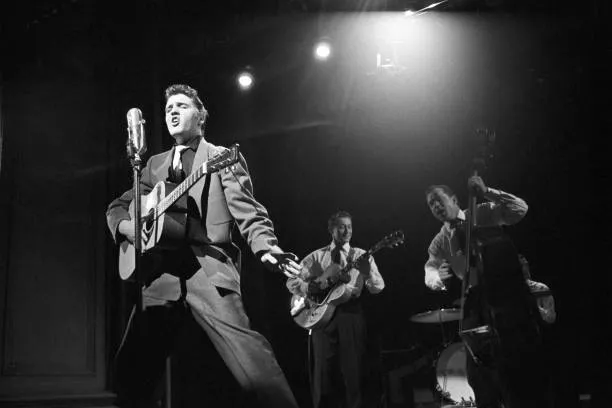Fifty years ago, John Lennon and Yoko Ono embarked on a significant and highly publicized campaign for peace that brought them to Canada. Their visit in 1970 was a pivotal moment in their ongoing efforts to promote peace and social justice, reflecting their deep commitment to creating a better world amidst a time of considerable global tension.
The Context of Their Visit

The late 1960s and early 1970s were marked by widespread social and political unrest. The Vietnam War was a major source of global conflict and discontent, and many public figures and activists were calling for an end to the war and for broader societal changes. John Lennon and Yoko Ono, who had married in 1969, were among the most vocal and influential advocates for peace during this tumultuous period. Their unique approach to activism, which often involved high-profile media stunts and artistic expressions, garnered significant attention.
The Peace Campaign: Bed-Ins for Peace

One of the most notable elements of Lennon and Ono’s peace campaign was their series of "Bed-Ins for Peace." These events, which began in Amsterdam in March 1969 and continued in Montreal, Canada, in May 1969, were designed to draw attention to the cause of peace in a non-violent and creative way. During the Montreal Bed-In, the couple spent a week in bed at the Queen Elizabeth Hotel, using the media coverage to promote their message of peace and anti-war sentiments.
The Montreal Bed-In was not just a publicity stunt; it was a serious attempt to engage people in discussions about peace and social justice. The couple invited journalists, musicians, and activists to join them during their stay, creating a forum for dialogue and discussion. The event also included a series of press conferences and interviews, during which Lennon and Ono articulated their vision of a world free from conflict and violence.
The Impact and Legacy

The Montreal Bed-In was widely covered by the media and drew significant attention to the cause of peace. The couple’s unconventional approach to activism resonated with many people, helping to amplify their message. Their time in Canada also produced the iconic song "Give Peace a Chance," which became an anthem for the peace movement and remains one of Lennon’s most enduring contributions to music and activism.
The song’s simple yet powerful lyrics, combined with its catchy melody, captured the spirit of the era and conveyed a universal message of hope and unity. "Give Peace a Chance" became a rallying cry for those advocating for an end to the Vietnam War and for broader social change. The song’s impact was felt both in North America and around the world, reinforcing Lennon and Ono’s position as prominent figures in the global peace movement.
Reflections on Their Legacy

John Lennon and Yoko Ono’s peace campaign in Canada was a significant moment in their activism and had a lasting impact on the world. Their commitment to promoting peace and social justice through their art and public actions highlighted the role that celebrities and public figures can play in advocating for positive change. The Montreal Bed-In and "Give Peace a Chance" remain important symbols of the desire for a more peaceful and just world.
As we look back on this historic event, it is a reminder of the power of creative activism and the enduring relevance of the message of peace. Lennon and Ono’s legacy continues to inspire new generations of activists and artists, reflecting their belief in the transformative potential of art and public engagement in addressing global challenges.
Conclusion

Fifty years ago, John Lennon and Yoko Ono’s visit to Canada and their subsequent peace campaign exemplified their dedication to promoting a better world. Through their Bed-Ins for Peace and the creation of "Give Peace a Chance," they left an indelible mark on the history of activism and music. Their efforts serve as a testament to the enduring power of creativity and the ongoing relevance of their message of peace and unity.




